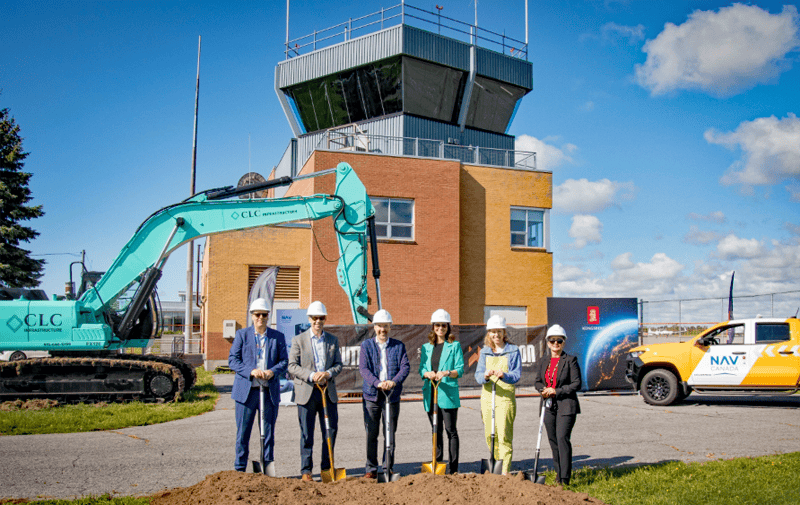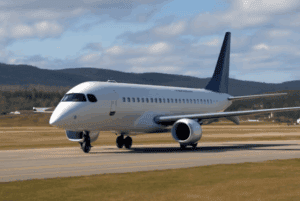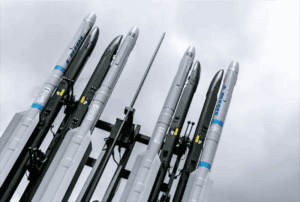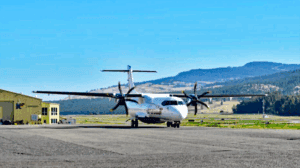Editor’s Note: “Everyone at the BCAC congratulates Greg, Roei and the dedicated staff at both Harbour Air and magniX on this amazing accomplishment!
On Tuesday, December 10th, Greg McDougall, CEO and Founder of Harbour Air, made history by successfully completing the inaugural flight of the first electric commercial aircraft in the world.

Photo: Harbour Air
In partnership with magniX, a Seattle-based company which develops high-power-density electric motors, Harbour Air retrofitted a DHC-2 de Havilland Beaver floatplane to run on lithium-ion batteries – the same batteries that NASA uses on the International Space Station. Interesting fact – the company that made the propeller for the Wright Brothers made the propeller for the ePlane!
“Today, we made history,” said Greg McDougall, “I am incredibly proud of Harbour Air’s leadership role in re-defining safety and innovation in the aviation and seaplane industry. Canada has long held an iconic role in the history of aviation, and to be part of this incredible world-first milestone is something we can all be really proud of.”

Photo: Dave Frank
The current batteries in the test aircraft do not have the energy density that is already available, yet this aircraft has a range of about 100 miles. The 750 horsepower Magnix electric motor was limited to 450 horsepower for this test flight and yet the pilot, Harbour Air’s Founder Greg McDougall, had to pull back on the throttle to ensure the plane took off in front of the large crowd on the edge of the Fraser River. The lithium-ion batteries charge ratio is one-to-one; 30 minutes of flight requires 30 minutes of recharge time on a supercharger.

Photo: Harbour Air
The economics of this aircraft are fascinating – the Pratt and Whitney engine the magniX replaced costs about $2 million for 10,000 hours of operation. Maintenance for magniX’s electric motor is negligible in comparison. Plus there is the considerable environmental benefit from using electricity versus fossil fuels to power the ePlane – a huge consideration when the aviation industry is facing increased scrutiny for its contribution to global warming. Additionally, the reduced operating costs may translate into lower air travel costs for consumers which opens up the possibility of regular commercial air service for smaller, remote communities.
Plus you really notice how quiet it is.
This historic event was witnessed by BC Aviation Council Board members Jack Lazareff, Crowe MacKay, Darcy Cestnick, YVR, Tim Cole, Transport Canada (retired) and Dave Frank, Executive Director.
(News Source: Dave Frank & Adrienne Noyes, BCAC. With files from Harbour Air, magniX and CBC News)








